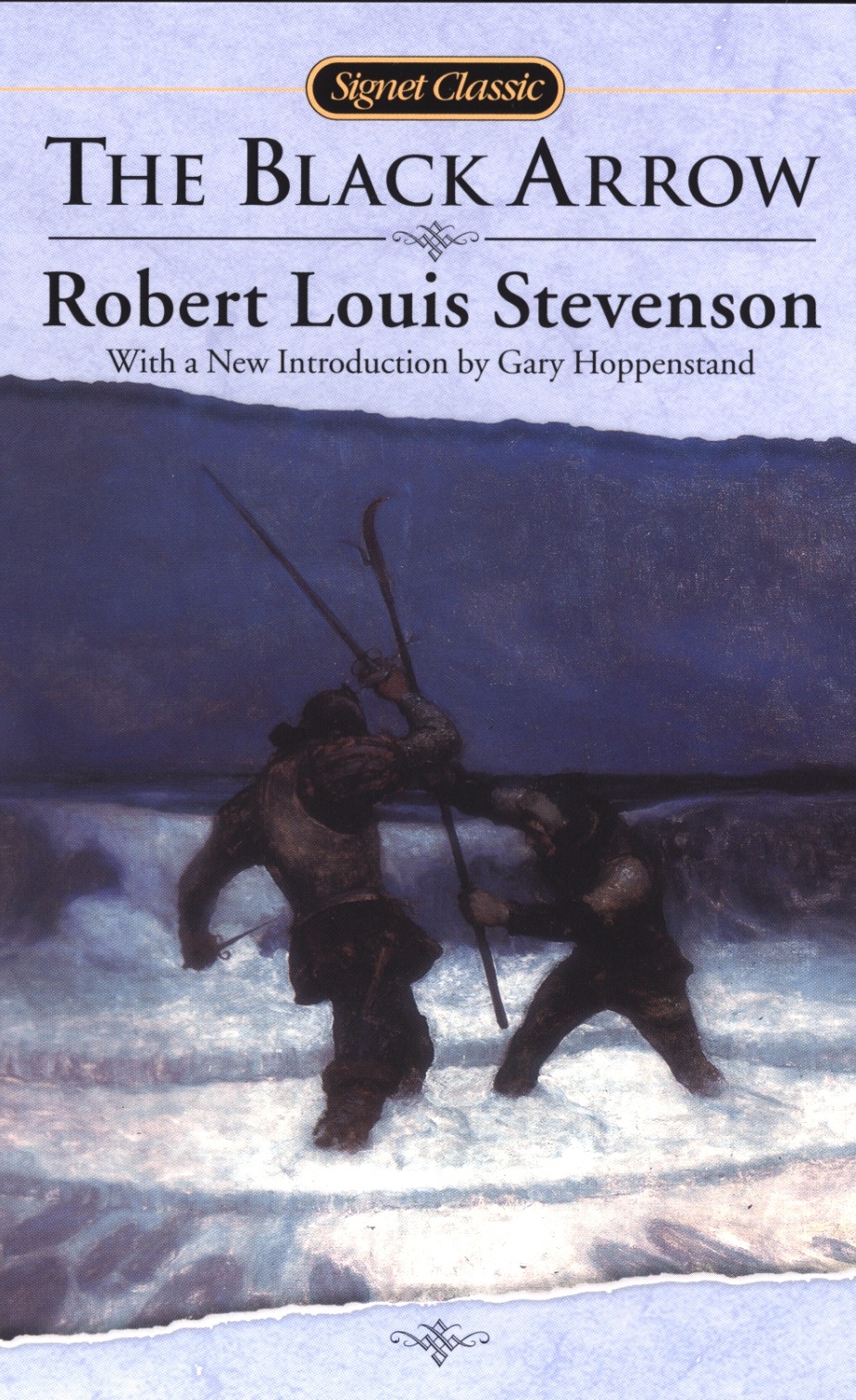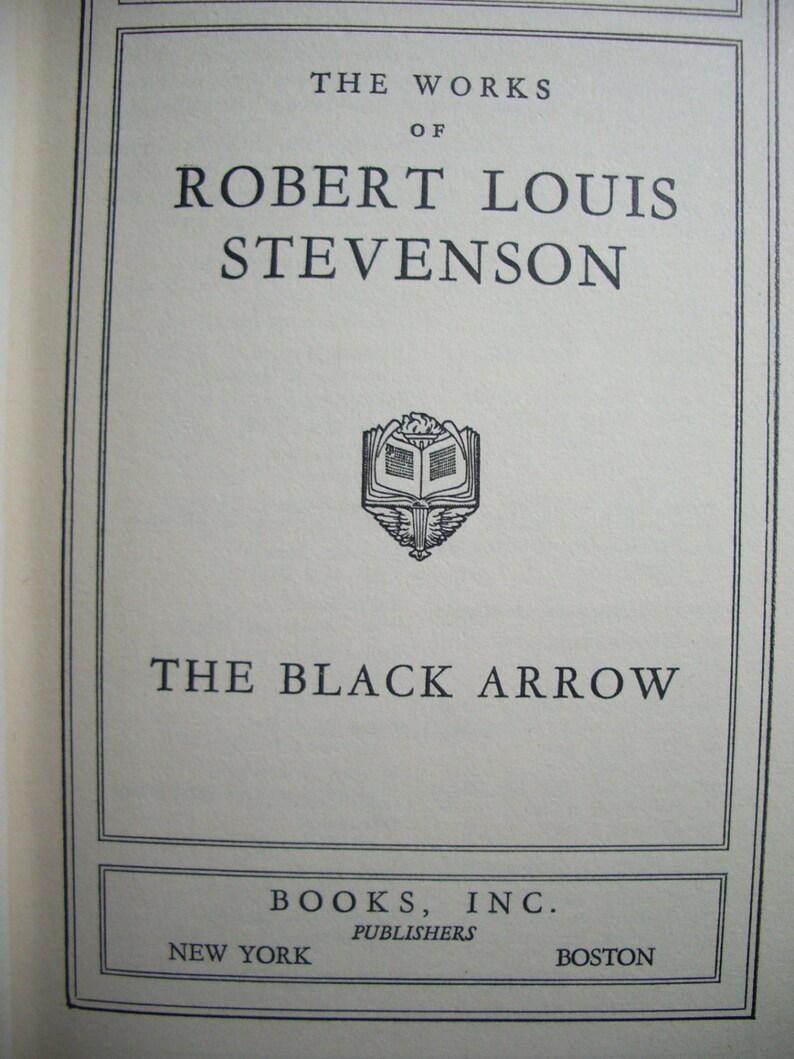

The only person upon whom he can rely is the girl he loves, who, ironically, was intended to be his wife in one of Brackley’s financial maneuvers.

Tosspot and Shuttle-wit run in, but my Lord Good-Counsel sits o’ one side, waiting.” As Clipsby says, “For, indeed, he is one that goes to bed Lancaster and gets up York.”įleeing from one danger into another, Dick finally understands that he cannot trust Brackley simply because he is Dick’s guardian, or even Ellis Duckworth as his savior and protector. “I lie in Kettley till I have sure tidings of the war, and then ride to join me with the conqueror. The man behind “Jon Amend-All” is no beneficent Robin Hood, but as cold and crafty a political operative as Brackley himself.īrackley’s loyalties are soon explained. Even the mysterious “Jon Amend-All” of the black arrow, whose objective is to revenge himself and his friends on Brackley, is found collecting rents from Brackley’s cottagers, acknowledging that they will suffer the hardship of having to pay twice. And now I must side with Brackley! It was the law that did it call ye that natural?”ĭespite young Dick’s idealism, which makes him faithful to his guardian and to the men with whom he has served, despite many disturbing rumors, it soon becomes apparent that most men are loyal primarily to their self-interests, whether they seek power like Richard Crookback or favor and riches like Dick’s guardian, Sir Daniel Brackley. “If the barons live at war, ploughfolk must eat roots.” When the naive young hero, Richard Shelton, reassures her that men “cannot better die than for their natural lord,” another man points out, “No natural lord of mine.

“It is the ruin of this kind land,” a woman said. The theme of loyalty runs throughout - loyalty to parents, guardians, leaders, followers, lovers, and oneself.Įngland’s loyalties are divided between Lancaster and York, although the distinction makes little difference to the country’s more practical citizens. With the War of the Roses as its backdrop, The Black Arrow blends the romance of young love and the excitement of its hero’s initiation into war and politics. New York: Airmont Publishing Company, Inc., 1963.


 0 kommentar(er)
0 kommentar(er)
